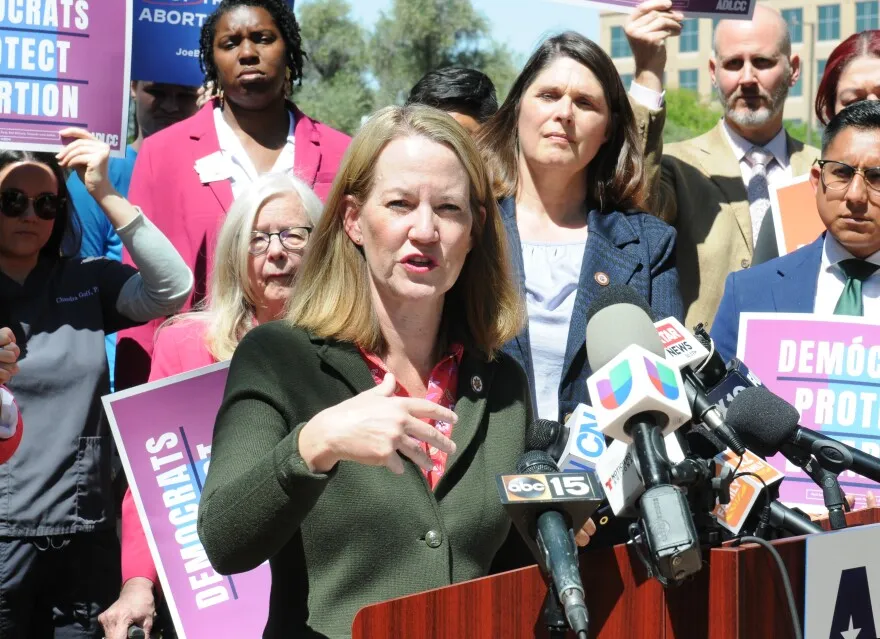Open communication is often cited as the backbone of a strong relationship, but what’s rarely discussed is how that kind of honesty becomes possible in the first place. A conversation is only as meaningful as the environment in which it unfolds. If someone doesn’t feel safe, emotionally or mentally, they will filter their feelings. They will hold back. They will adapt themselves to avoid conflict, and in doing so, closeness slowly erodes. Brandon Wade, Seeking.com founder and MIT graduate, recognized this long before it became part of the mainstream dating conversation. His dating site was created for people who value not just connection, but clarity. He emphasizes trust, intention and personal integrity, all essential ingredients for creating a space where real communication can take place.
For him, emotional safety isn’t just a nice-to-have relationship. It’s the starting point, a place where both people can show up with honesty, curiosity and respect. A place where dialogue isn’t something to fear. It’s something to rely on.
Understanding What Emotional Safety Means
Emotional safety is not about avoiding disagreement or keeping things light. It’s about feeling secure enough to say what needs to be said, even if it’s uncomfortable. It’s knowing that your thoughts, feelings and boundaries will be acknowledged instead of dismissed.
In a relationship, this sense of safety doesn’t emerge overnight. It’s built through repeated, consistent interactions where both people are present, respectful, and receptive. Emotional safety is maintained when conversations are handled without punishment, mockery, or stonewalling. It’s the understanding that conflict doesn’t break the bond. It can strengthen it if it is handled well.
Listening Without Defensiveness
One of the quickest ways to damage emotional safety is through defensiveness. When one partner feels they can’t bring up concerns without triggering blame or guilt, the dialogue stops. Listening, in these moments, means setting aside the urge to react and choosing to understand first.
He has long promoted the idea that relationships should be rooted in mutual respect, not emotional posturing. His dating site attracts individuals who are success-driven and self-aware, people who already understand the importance of active listening in their professional lives and apply that skill to their relationships.
Brandon Wade explains, “Successful people already understand the importance of clear and honest communication. They practice it in their professional lives and bring that same strength into their relationships, creating a foundation of trust, growth and connection.” This approach turns communication into collaboration. It’s no longer about who’s right. It’s about how both people can move forward together.
Making Honesty a Habit, Not an Event
Safe spaces for dialogue aren’t built with one big conversation. They’re created through smaller, daily check-ins that remind each person it’s okay to be honest, even about the little things. Asking, “How are we doing?” or saying, “That moment earlier felt off, can we talk about it?” sends a clear message: this relationship values openness.
Too often, couples wait for major issues before having real conversations. But consistent, low-pressure dialogue creates the habit of openness. It helps each person feel confident that their voice matters all the time, not just in conflict.
Setting Boundaries That Support Dialogue
Creating a safe space isn’t the same as saying “yes” to everything. In fact, boundaries are essential. When both people are clear on what feels respectful and what doesn’t, conversations have structure and direction.
Emotionally safe partners respect those lines. They know that sometimes, dialogue means taking a break, slowing down, or revisiting a subject with more care. What makes the difference is that both people are committed to returning to the conversation, not abandoning it.
Brandon Wade’s Seeking.com promotes this kind of balance by allowing users to filter connections by values, expectations, and lifestyles. This shared alignment minimizes misunderstandings and sets the tone for communication rooted in mutual respect.
Recognizing When Safety Has Been Damaged
Even in the healthiest relationships, emotional safety can slip. Maybe something is said in frustration. Maybe an apology will be delayed. What matters most is how both people respond. Do they acknowledge the rupture? Do they take responsibility? Do they recommit to being better next time?
Safe dialogue doesn’t mean perfect communication. It means honest effort. When mistakes are made, emotionally present partners name them and fix them. This repair process is one of the most important skills any couple can develop.
Making Room for Vulnerability
Safe dialogue isn’t possible without vulnerability. That means being willing to say what’s true, even when it’s not polished or popular. It means risking discomfort for the sake of closeness.
When one person opens up, it often gives the other permission to do the same. This mutual exchange deepens the connection and shows that the relationship can handle truth, not just surface-level pleasantries. Members are encouraged to express themselves without fear of judgment. Whether they’re sharing financial goals, family values, or emotional needs, the site rewards candor over performance.
Building a Partnership Where Honesty Feels Natural
The real goal isn’t to have deep conversations. It’s to create a relationship where they happen naturally. Where it feels normal to say, “This is how I’m feeling,” or “I need to understand what you meant by that.”
Over time, these habits become part of the couple’s rhythm. They don’t rely on big gestures or dramatic moments to feel connected. They rely on presence, patience, and a shared commitment to staying open. It supports this journey from the very first interaction. By helping people align values and expectations early, it reduces guesswork and makes space for honest communication to thrive.
A Relationship That Feels Safe Enough to Say Anything
At its core, a safe space for open dialogue isn’t about avoiding conflict. It’s about knowing that your relationship is strong enough to hold it, that you can speak the truth and still be met with care, and that your partner won’t disappear, mock or ignore you; they’ll lean in, listen and try to understand.
Those are the relationships that last, not because they’re perfect, but because they’re built on trust, steady, open conversation, and the shared belief that being heard is just as important as being right.
It continues to provide a space for those kinds of relationships to grow, where clarity isn’t feared, but welcomed. Where emotional safety isn’t a luxury, it’s the standard.





